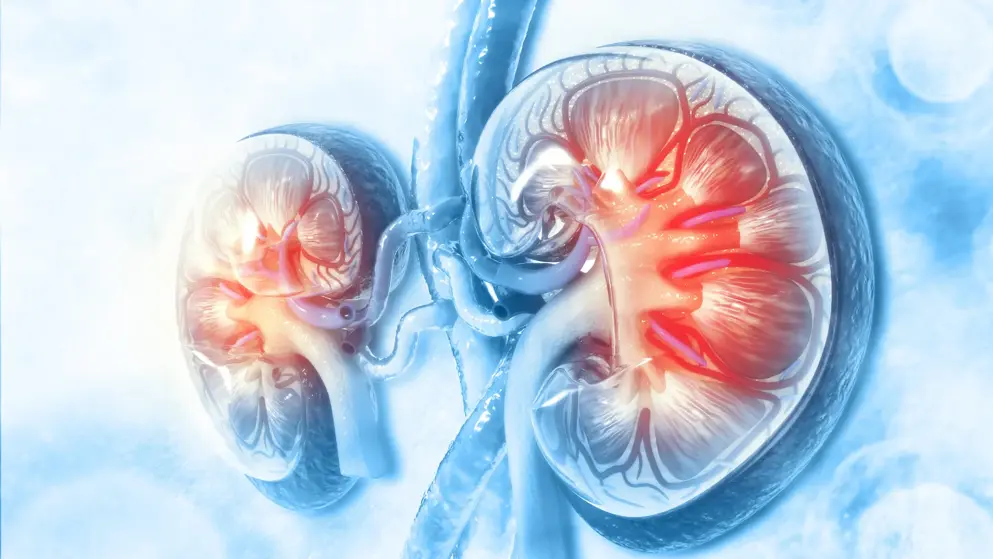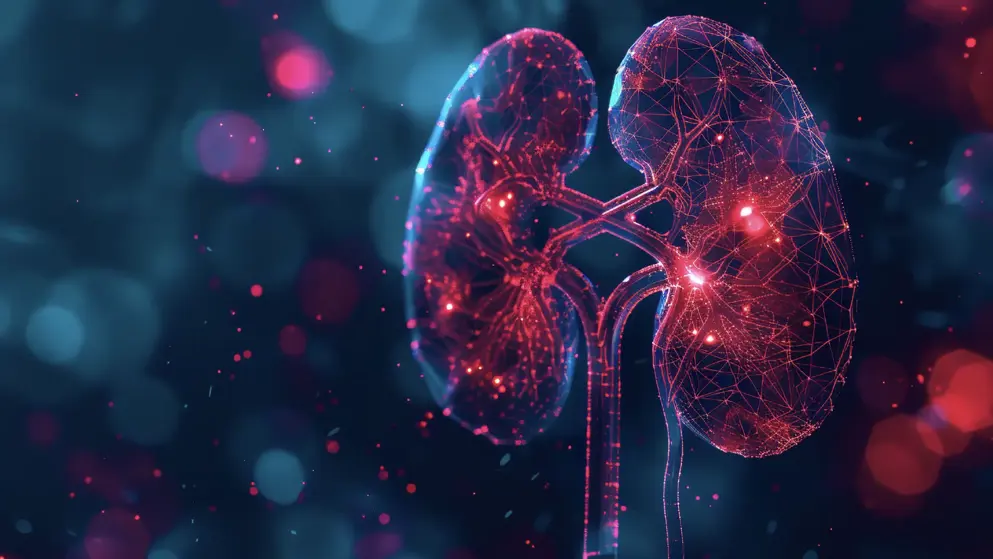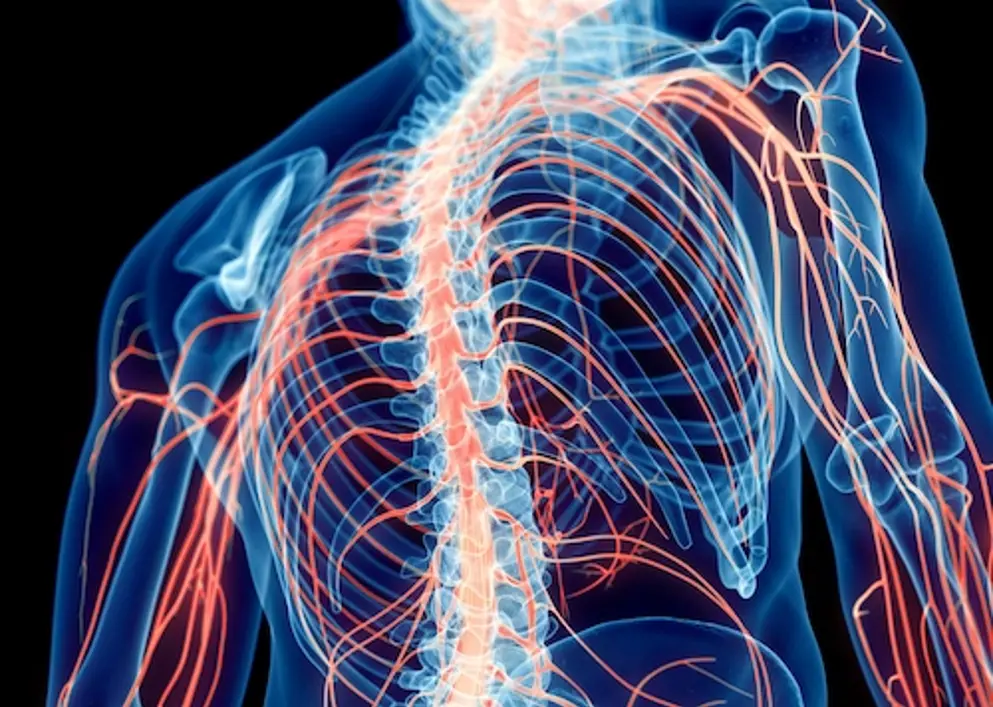Immunological drivers of IgA nephropathy: Exploring the mucosa-kidney link
Immunological drivers of IgA nephropathy: Exploring the mucosa-kidney link
IgA nephropathy (IgAN) is the most common pattern of primary glomerular disease reported worldwide. Up to 40% of those with IgAN progress to end-stage kidney disease within 20 years of diagnosis, with no currently available disease-specific treatment. This is likely to change rapidly, with evolving insights into the mechanisms driving this disease. IgAN is an immune-complex-mediated disease, and its pathophysiology has been framed by the 'four-hit hypothesis', which necessitates four events to occur for clinically significant disease to develop. However, this hypothesis does not explain the wide variability observed in its presentation or clinical progression. Recently, there has been great interest in exploring the role of the mucosal immune system in IgAN, especially given the well-established link between mucosal infections and disease flares. Knowledge of antigen-mucosal interactions is now being successfully leveraged for therapeutic purposes; the gut-directed drug Nefecon (targeted release formulation-budesonide) is on track to become the first medication to be approved specifically for the treatment of IgAN. In this review, we examine established immunological paradigms in IgAN, explore how antigen-mucosal immune responses drive disease, and discuss how this knowledge is being used to develop new treatments.
Read abstract on library site Access full article





